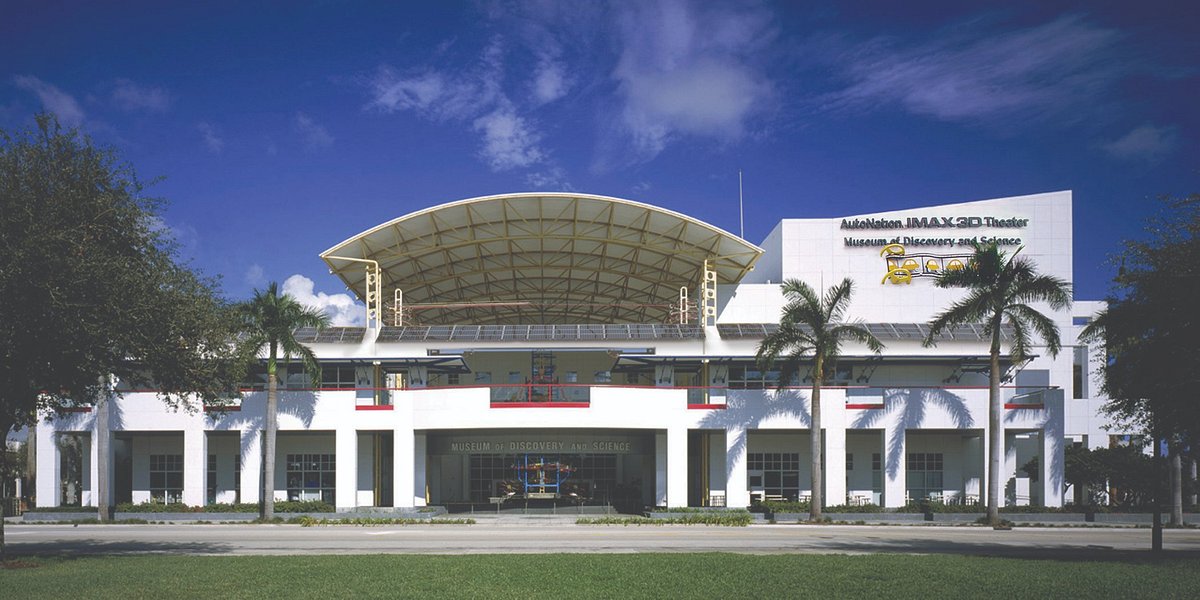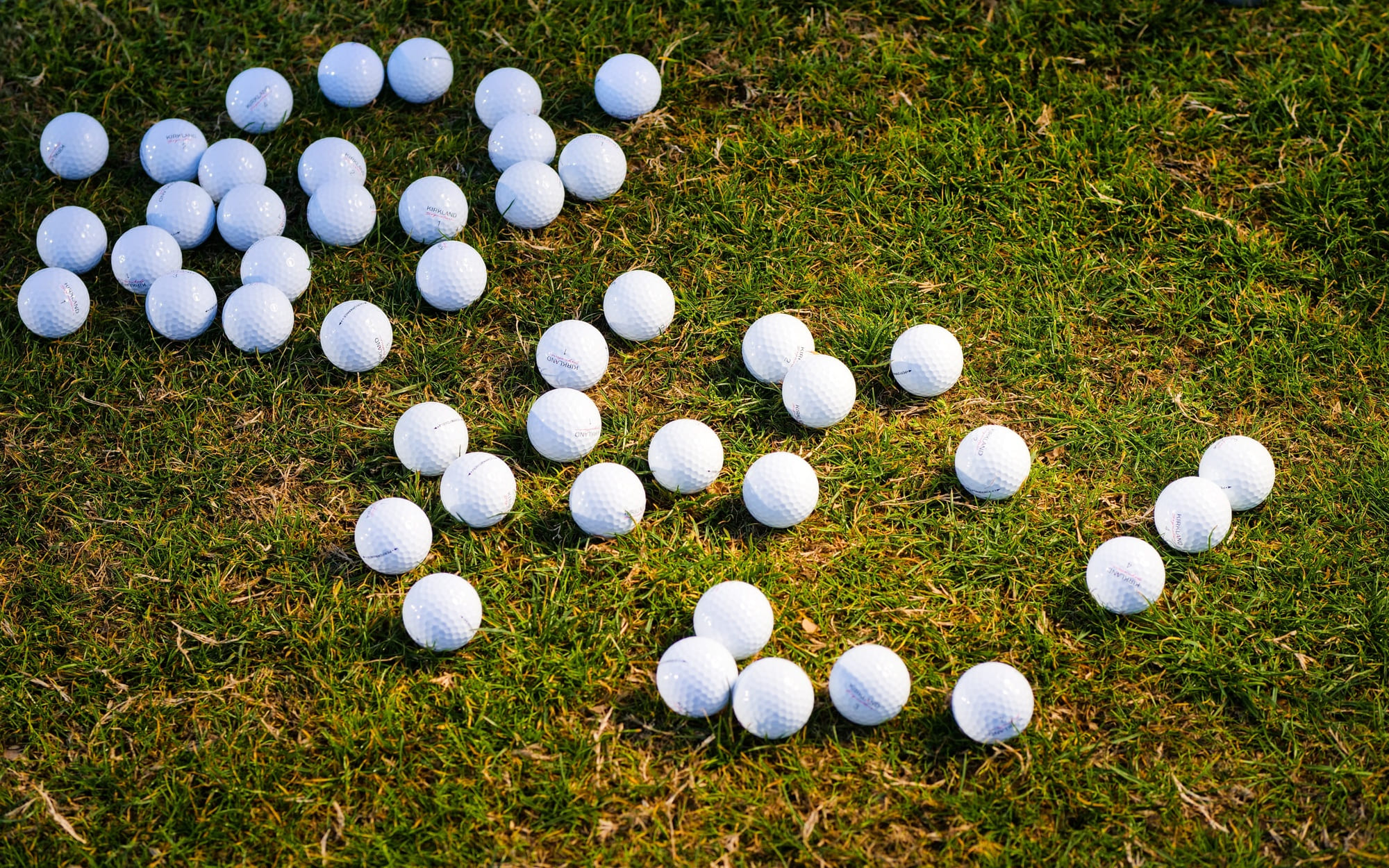Fore! Golfing with a Torn Rotator Cuff – Possible or Not?
Golfing with a torn rotator cuff is not recommended due to the potential for further injury. A torn rotator cuff can result from repetitive motion or acute trauma and requires proper medical attention to heal.
Golf is a popular sport that requires strength, agility, and precision. However, golfers may be at risk for injuries like a torn rotator cuff – a common injury that affects the muscles and tendons around the shoulder joint. A torn rotator cuff can cause pain, weakness, and limited mobility, making it difficult to play golf.
While some golfers may be tempted to play through the pain, it’s crucial to remember that doing so can worsen the injury. As such, seeking proper medical attention and resting the shoulder is highly recommended. This may involve physical therapy, medication, or even surgery in severe cases. By taking the necessary steps to heal, golfers can get back on the course stronger and healthier than ever.

Credit: www.amazon.com
Understanding A Torn Rotator Cuff
What Is A Rotator Cuff?
The rotator cuff is composed of four muscles and tendons that surround the shoulder joint, providing stability and facilitating movement in the joint. It is a crucial component for many activities involving the upper extremities, including throwing, lifting, and swinging a golf club.
Understanding The Causes Of A Torn Rotator Cuff
A torn rotator cuff can occur due to various reasons, including injury, overuse, and degeneration. Some of the leading causes are:
- Acute injury, such as falling on an outstretched arm, can lead to a rotator cuff tear.
- Repetitive overhead motions, such as those required for playing volleyball or throwing a baseball, can cause a rotator cuff injury.
- Age-related degeneration can weaken the rotator cuff and lead to tears over time.
How It Affects Golfing
Golfing requires a lot of shoulder movement, and a torn rotator cuff can significantly impact your game. Some of the ways it may affect your golf game are:
- Reduced range of motion and flexibility can make it hard to execute necessary golf swings successfully.
- Pain and discomfort while swinging can limit your ability to maintain proper form and swing with enough force.
- Weakness in the shoulder can lead to difficulty controlling the club and result in inconsistent shots.
Overall, playing golf with a torn rotator cuff can be challenging and may require adjustments to your game to avoid further injury. It’s essential to consult with a medical professional to determine the extent of the injury and develop a rehabilitation plan that can help you get back to playing the game you love.
Can You Play Golf With A Torn Rotator Cuff?
Many golf enthusiasts may wonder if they can still enjoy their favorite sport despite having a torn rotator cuff. After all, golfing is not as physically demanding as other sports, and it doesn’t require any quick movements or jumping. However, it is important to consider the risks and recovery time associated with playing golf with a torn rotator cuff.
We will explore the topic of playing golf with a torn rotator cuff and the factors you should consider.
Considerations For Golfers With A Torn Rotator Cuff
Playing golf with a torn rotator cuff can be challenging, and golfers should consider the following factors before attempting to play:
- Pain: Golfing with a torn rotator cuff can be painful, especially when swinging the club or carrying a golf bag. The pain can also increase with time, leading to more significant injuries.
- Limited range of motion: A torn rotator cuff can limit the range of motion in the shoulder, making it difficult to execute a fluid golf swing. This limitation can lead to poor shot execution and possibly aggravate the injury.
- Risk of further injury: Playing golf with a torn rotator cuff can also lead to further injury, especially if golfers do not take the necessary precautions.
Potential Risks And Recovery Time For Playing
Playing golf with a torn rotator cuff may pose significant risks to an already injured shoulder. The following are potential risks associated with golfing with a torn rotator cuff:
- Tearing of other tendons: Playing golf with a torn rotator cuff can lead to the overuse of other tendons, increasing the risk of further injury.
- Delayed healing: Golfing with a torn rotator cuff can delay the healing process, making it harder for the shoulder to recover.
- Increased inflammation: Golfing with a torn rotator cuff can increase inflammation in the shoulder, which can make the injury worse.
Recovery time for playing golf with a torn rotator cuff depends on the severity of the injury and the individual’s ability to recover. In some cases, it may take as little as a few weeks, while in others, it may take several months.
Importance Of Consulting With A Physician Before Playing
It is crucial to consult with a physician before playing golf with a torn rotator cuff. A physician can advise on the severity of the injury and recommend ways to manage the pain and minimize the risk of further injury.
Some tips that physicians may recommend when playing golf with a torn rotator cuff include using a lighter club, using a shoulder strap, and avoiding carrying the golf bag. Furthermore, physicians may recommend exercises to increase the range of motion in the shoulder.
Playing golf with a torn rotator cuff can be challenging, but it is possible with the right precautions. Golfers should consider the risks and recovery time associated with playing and consult with their physicians before attempting to play. By taking necessary precautions, golfers with a torn rotator cuff can still enjoy their favorite sport while ensuring their shoulder recovers correctly.
Tips For Playing Golf With A Torn Rotator Cuff
Can you golf with a torn rotator cuff? – tips for playing golf with a torn rotator cuff
A torn rotator cuff can be a debilitating injury, causing pain and discomfort and preventing you from playing sports like golf. Golf is a sport that puts a lot of strain on your shoulders, and playing with a torn rotator cuff can make the condition worse.
However, if you take some precautions, you can continue to enjoy golf even with a torn rotator cuff. Here are some tips for playing golf with a torn rotator cuff.
Warm-Up And Stretching Exercises
Before playing a round of golf, warm-up and stretching exercises are essential to prepare your body. With a torn rotator cuff, it is important to focus on the shoulder and arm muscles. A proper warm-up should include:
- Arm circles, forward and backward
- Shoulder blade squeezes
- Shoulder stretches
- Tricep stretches
A warm-up should last five to ten minutes and should be followed by stretching exercises to increase flexibility and range of motion.
Appropriate Swing Mechanics
When playing golf with a torn rotator cuff, it’s important to use proper swing mechanics to avoid further injury. Here are some tips for a better swing:
- Shorten the backswing: By shortening the backswing, you put less strain on your shoulder and reduce the risk of aggravating the injury
- Use more club: Use a club with more loft to help with a higher and shorter swing, which puts less strain on your shoulders
- Avoid hitting from roughs: The roughs can increase the difficulty of the swing and put a lot of stress on your shoulder.
Using Equipment To Reduce Strain On The Rotator Cuff
Using equipment can help reduce the strain on your rotator cuff when playing golf. Here are some options:
- A brace: A brace can help support your shoulder and reduce the risk of further injury.
- A lightweight bag: Use a lightweight bag to avoid carrying excess weight, which can put pressure on your shoulder and worsen the injury.
- A golf glove: Using a golf glove can help you grip the club better and reduce the strain on your shoulder.
Rest And Recovery Strategies For A Faster Healing Process
Rest and recovery are vital to healing from a torn rotator cuff. Here are some recovery strategies to help you heal faster:
- Visit a doctor: See a doctor for a proper diagnosis and treatment plan
- Ice and heat therapy: Use ice and heat therapy to reduce pain and inflammation
- Modify your activity: Avoid activities that aggravate your shoulder and modify your golf game to reduce the strain on your shoulder.
Playing golf with a torn rotator cuff is possible if you take the right precautions. By following these tips, you can continue to enjoy your love for golf while recovering from your injury. Remember to always consult a doctor before making any changes to your routine to ensure proper healing and recovery.
Alternatives To Golfing With A Torn Rotator Cuff
Suffering from a rotator cuff injury can be debilitating, and it can significantly affect your enjoyment of certain physical activities. Golf is a sport that requires significant shoulder rotation, making it incredibly challenging to play with a torn rotator cuff.
Thankfully, there are alternative low-impact sports options and specific rehabilitation exercises worth considering that can help you stay active without majorly exacerbating the injury.
Low-Impact Sport Options
When you’re dealing with a rotator cuff injury, it’s crucial to engage in activities that don’t cause significant strain on the shoulder area. Engage in low-impact sports to avoid injuring yourself further and mitigate pain levels. Here are some of the most effective low-impact sports options you can consider:
- Swimming: Swimming is an excellent low-impact option that offers a full-body workout. It involves minimal shoulder pressure, making it perfect for people with rotator cuff injuries.
- Cycling: Cycling is a great cardiovascular workout that doesn’t put too much strain on your shoulders. You may need to adjust your handlebars to avoid uncomfortable reaching that can put a strain on the tail end of the injury.
- Hiking: A leisurely hike may seem challenging, but it’s an ideal low-impact activity that is gentle on the shoulder area. You just want to make sure your backpack is not too heavy.
- Yoga: Yoga is an excellent way to build overall strength while stretching your muscles and improving flexibility. A modified shoulder version is best to lessen the strain on the affected area.
Rehabilitation Exercises To Strengthen The Rotator Cuff
It’s crucial to get enough rest and appropriate medical attention to treat a rotator cuff injury. Part of the treatment process usually involves exercises that help to reduce pain, improve mobility, and strengthen the muscles around the shoulder area. Here’re some examples of rehabilitation exercises that can speed up recovery:
- External rotation exercise: This exercise involves extending the arm out and rotating it externally. It can be done with a light weight or a resistance band.
- Wall pushups: Wall pushups are just like regular pushups, but they only use body leans against the wall. They can help you to gain strength and mobility in the shoulder area.
- Isometric internal rotation: Grip your hands together and press them inward while creating resistance with your other hand. This exercise will strengthen the shoulder’s internal rotators.
Potential Long-Term Consequences Of Continuing To Play
If you continue to golf with a rotator cuff injury, it may lead to permanent damage to the shoulder. Some of the long-term consequences include:
- Arthritis: If the rotator cuff injury worsens over time, it can cause arthritis, leading to inflammation and stiffness in the joint.
- Tendinitis: Continued shoulder strain can lead to tendinitis in the shoulder area. It causes pain and discomfort in the shoulder joint and will require a more extended recovery period.
- Frozen shoulder: If the injury worsens, it can lead to adhesive capsulitis or a frozen shoulder. It causes significant stiffness, lack of mobility in the shoulder, and severe pain.
You can still stay physically active while taking care of your rotator cuff’s healing process. Low-impact sports and rehabilitation exercises can be effective alternatives, helping to strengthen the injured area and prevent further damage. Play safe so that you can continue enjoying the game for years to come.
Frequently Asked Questions For Can You Golf With A Torn Rotator Cuff
Can You Play Golf With A Torn Rotator Cuff?
Yes, but only after getting clearance from your doctor and taking proper precautions.
What Are The Risks Of Playing Golf With A Torn Rotator Cuff?
Playing golf with a torn rotator cuff can worsen the injury, causing pain and immobility.
How Can You Prevent Worsening Of The Injury While Playing Golf?
Use a cart instead of carrying your clubs, avoid hitting the ground hard, and opt for a less powerful swing.
Conclusion
Golf is a fantastic sport that requires skills, technique, and patience. However, golfing with a torn rotator cuff can be challenging, and it is essential to take the necessary precautions before enjoying the game. While it is possible to play, it is crucial to consult a doctor to determine the extent of the injury and receive medical clearance.
You must also take steps to avoid aggravating the injury, such as using proper technique, warm-up exercises, and limiting the frequency of play. Additionally, it is crucial to listen to your body and rest as needed, as the rotator cuff takes time to heal.
With proper care and precautions, people with a torn rotator cuff can enjoy playing golf without causing further damage to their shoulders. So, if you have a passion for golf, you don’t have to give up on it just because of a torn rotator cuff – just remember to take care of your injury and exercise caution on the golf course.



